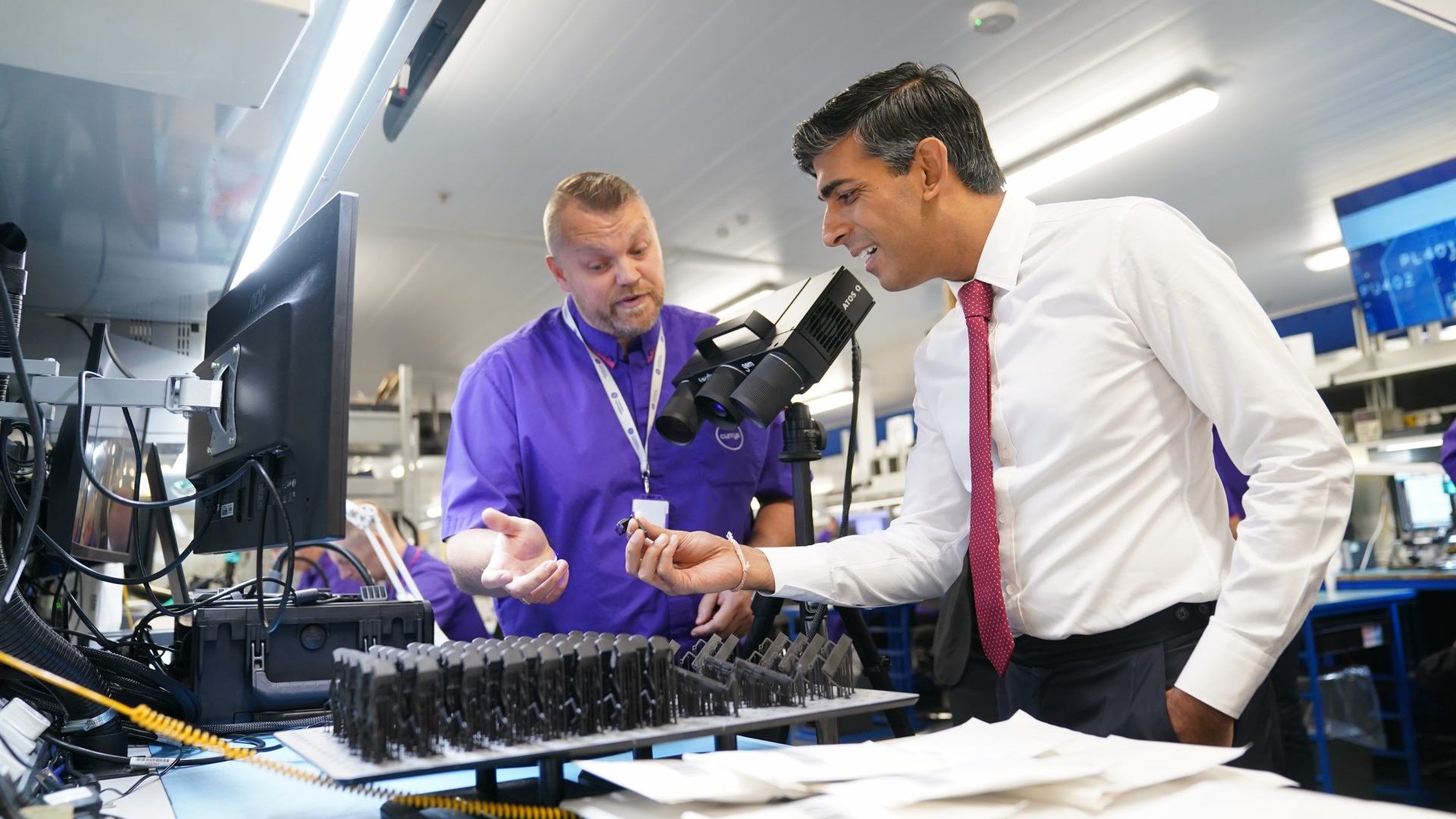One critical thing to remember any time you read anything by a journalist is that we only have one foot in the real world. Unless you’re reading something by a senior executive or a famous columnist, the chances are the author of the article has a fairly normal life – struggling to pay bills and rent, raise their kids, and the like. Thanks to journalistic pay rates, most of us are more in touch than you might think with the cost of living crisis.
But when it comes to understanding how “normal” workplaces operate, we’re screwed – newsrooms might be a lot calmer and more civilised than their rollicking Fleet Street heydays, but they’re generally still unlike any major organisation. And our output is generally daily or weekly – find a story, write it, get it past the editor, rinse and repeat.
Most of us haven’t worked in any “real” job, either ever or for quite some time. Here I can try to claim to be an exception: I’ve been a shelf-stacker at Sainsbury’s, worked the checkouts at Tesco, been a receptionist at children’s social services, worked for a council and even on a secure mental health ward.
But I’m not really an exception, even if I’d like to tell myself that. Even if all of that is more “real world” experience than many journalists, I’ve worked in nothing but newsrooms (or university departments) for 15 years.
The result of all of this is that our standards for evaluating what’s impressive in a workplace are often wildly misguided. Sometimes those standards are impossibly high – “why can’t the government simply immediately roll out a new type of Covid test and then vaccines overnight?” – but more often they’re bizarrely low and misguided.
Nowhere is this more apparent than with some of the praise lavished on Rishi Sunak for his grasp of detail and “forensic” working style – all through incidents which presumably must have been briefed out by his team as something intended to impress reporters, and in turn, the public.
The first of two standout incidents of this type came from a podcast clip of Today presenter and former BBC political editor Nick Robinson, jovially setting out how Rishi Sunak had impressed or even intimidated Treasury civil servants by arriving at meetings with printouts of spreadsheets he’d made himself, rather than going on their numbers.
This (and I consulted with actual people who work in departments on this) would not be impressive behaviour. It would be bloody annoying. If a minister generates numbers of their own, then civil servants would need time to check and digest them – which no-one can do based on print-outs sprung on them in a meeting.
From the second the print-outs are produced, the meeting is simply a waste of everyone’s time, until either Sunak learns to delegate or at least to circulate documents ahead of time. More egregiously to everyone I spoke to on this, though – who prints out spreadsheets?
Another example of Rishi Sunak the details man – in this case presented as a man who knows more about policy than his specialist civil servants – came via a Tim Shipman anecdote in the Sunday Times. Here, Sunak is said to have told colleagues about a time an Artificial Intelligence model managed to break through one of those “are you a bot?” CAPTCHA response tests by tricking a real person into doing so.
Firstly, this story is something of an urban myth. An AI has explained it could try to do this as a means of solving a CAPTCHA, but there’s no evidence that one has ever actually done this. But more importantly, this isn’t a sign that Sunak is someone with deep knowledge of AI – it’s a journalist-friendly story that’s been recounted in almost every British newspaper.
Did whoever briefed that story to Shipman really believe that the British government’s AI specialists in the civil service know less than a politician who’s read a newspaper anecdote? Or did they just not think through what they were saying? More significantly, the UK government is actually holding an AI summit next week that’s bringing in serious players from across the world – why did they feel a need to try to gild the lily with this nonsense?
There are bigger issues in the world, in UK politics, and in the media. But sometimes the small stuff sheds light on the bigger stuff – advisors only brief this stuff to journalists because we write it or recount it. Shouldn’t we try to sense-check it first, to stop everyone involved looking a bit daft?












